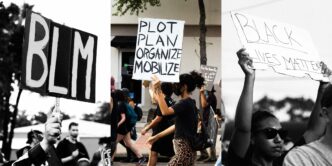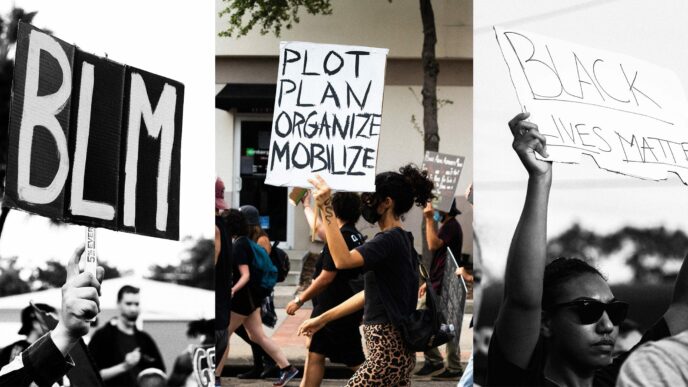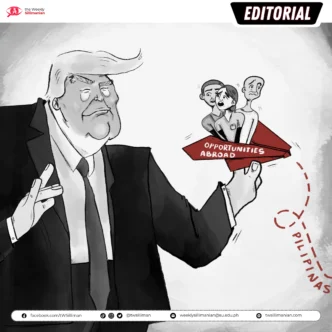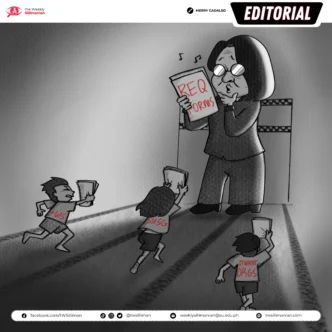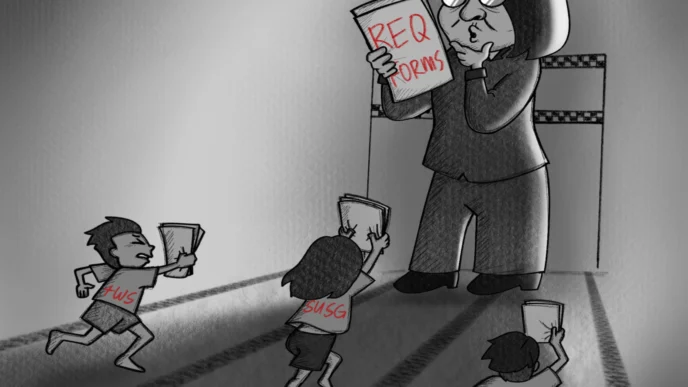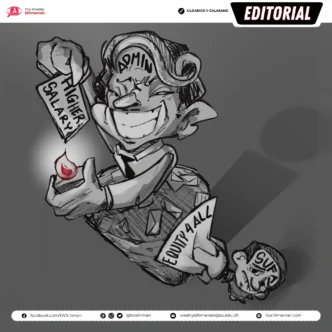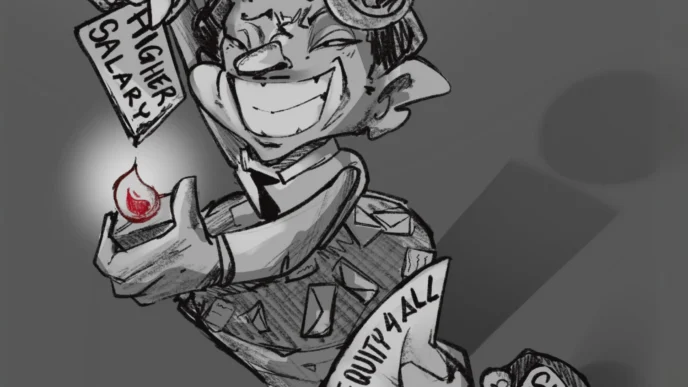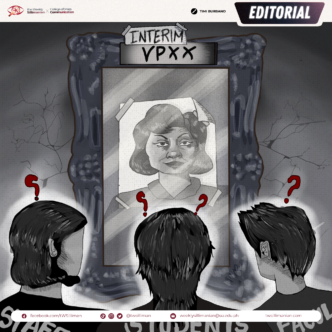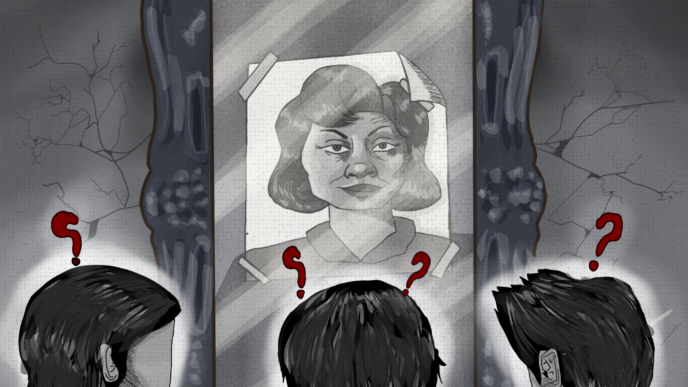When news was censored from reaching beyond Manila during Marcos’ dictatorship, journalists took extra miles to spread the word. When natural disasters like Typhoon Yolanda hit Tacloban, journalists actively raised awareness of the state of calamity. And when countless extrajudicial killings occurred in the time of Duterte’s war on drugs, journalists made sure that all victims of police brutality and their families were duly counted. Even at the expense of their lives, journalists are and have always been at the forefront of gathering, verifying, and reporting information.
After the International Criminal Court issued the arrest warrant for former president Rodrigo Duterte, netizens took to social media to express their sentiments about the media, claiming that GMA, ABS-CBN, and other news outlets are biased and spreading “fake news” by stating that the arrest was legal.
But how would news be called fake when it builds upon truth?
Emotions are clearly heightened at this point, where patriotism is redefined with fanaticism. In this current political environment, the existence of news has served its purpose: to bring discomfort to the comfortable.
News enables us to exercise our right to information. It is a powerful tool against the wrongdoings of fascism and corruption. Being labeled as “fake” is a slap to the face for journalists who work relentlessly and fearlessly to seek out the truth.
The Weekly Sillimanian condemns all forms of blatant attacks towards the press. Nor calling it a propagator of misinformation and disinformation. We urge all Sillimanians to stand in solidarity with the press and detest blind adoration of political figures as it brings us nowhere but doom.
We are on a battlefield against perpetrators, not among ourselves.

